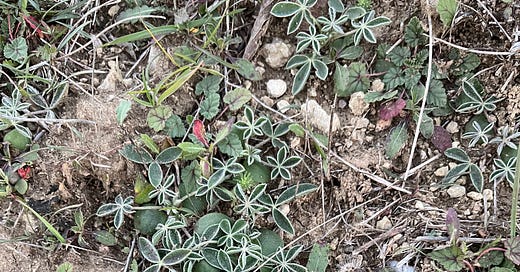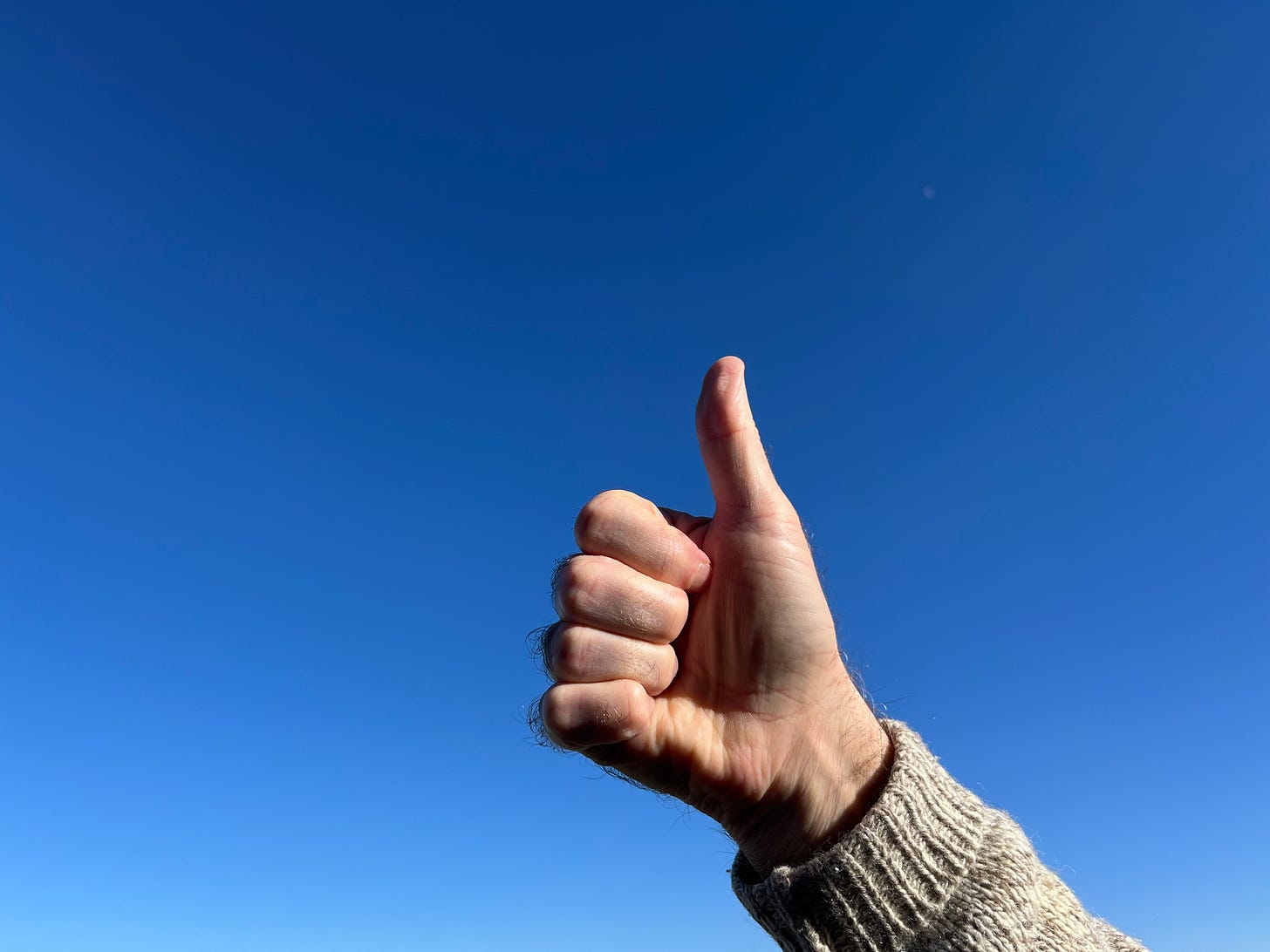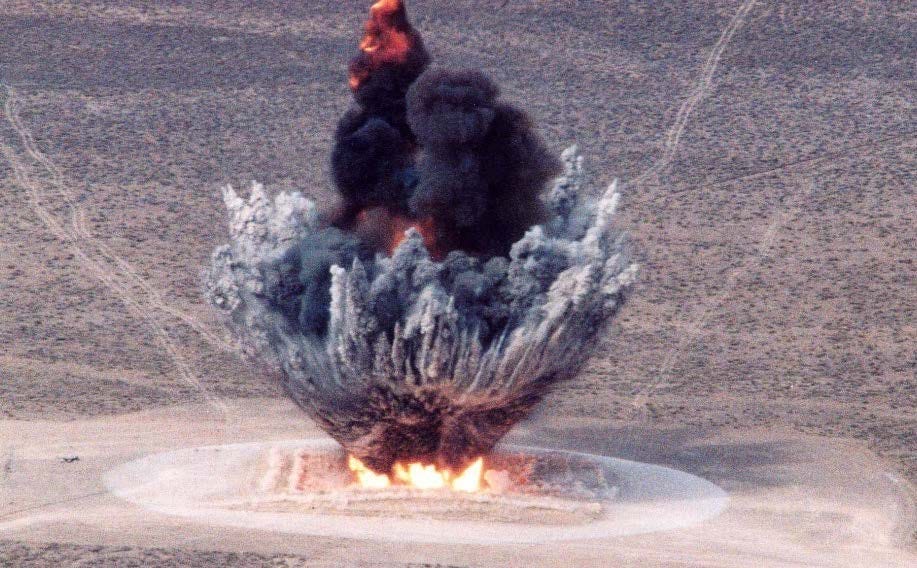What makes a book compelling? Join me reading good books and honing the craft of writing.
Bluebonnets are wonderfully optimistic. While other annuals die off in the winter, their seeds awaiting the warmth of spring, bluebonnets germinate in the fall, and overwinter in full leaves. After enduring the bitter cold, come spring, they’ll launch their stalks skyward and produce their telltale inflorescences of blue with tiny white centers.
For all their beauty, bluebonnets have an underlying toughness. An endurance.
In an earlier post, I mentioned Wile E. Coyote as an apt example of my fiction writing career: always chasing a traditional book deal, never catching. Suffering myriad bumps, bruises, crushings, discombobulations along the way.
My experience isn’t novel. Every writer has suffered the hard toil of creating and the rejection of their work. Some authorial arcs are shorter than others; in a perfectly normal human reaction, mine feels on the longish end.
We’re not alone. Brooke Warner offers some ideas on how to overcome writerly resistance. KM Elkes urges us to finish what we start.
In addition to Brooke and KM and others, keeping me going is an ignorant confidence akin to what Wile E. Coyote had. He utilized seemingly clever, Rube Goldbergish, schemes to catch the roadrunner: dropping anvils off a high cliff onto the road below; thoughtfully placed TNT; etc. Only for his plans to backfire, frequently on him.
I think my Wile E. Confidence is worse. I’m not only confident I’ll score a traditional book deal, I’ll have a writing career, selling one novel after another. The more I learn about what it takes to have a traditional publishing career, the more I understand how little I knew jumping in. At least I haven’t started looking at homes in Hawaii yet. Which is a crying shame. With my opinions on book clubs, I’d make a great neighbor for Oprah.
As it turns out, there’s an advantage to having Wile E. Confidence.
Ben Cohen of the Wall Street Journal profiled Jensen Huang, CEO of Nvidia. Huang started Nvidia thirty years ago with some partners. Looking back in hindsight, Huang said, “If we realized the pain and suffering and how vulnerable you’re going to feel, the challenges that you’re going to endure, the embarrassment and the shame and the list of all the things that could possibly go wrong, nobody in their right mind would do it.”
The “it” started when Huang sat at a Denny’s sketching out a business plan: as he jumped in, he quickly learned how flawed the business plan was, how naïve. Nvidia focused on making graphics processing chips and he had to learn all about the chip business: from how to come up with a product and marketing same. At the time, the market for his chips was dominated by video games. Now, it is Artificial Intelligence, or as we writers quakingly know it, fear it, loathe it, AI. This, by the way, is what AI looks like:
Like the highly contrived puzzles of bitcoin and other cryptocurrency mining, AI requires enormous computing power. (Where cryptocurrency consumes vast megawatts of electricity and millions of gallons of water for cooling and produces What exactly?, we’ll leave to perhaps a future post on any value AI, with its similar hunger for similar quantities of resources, brings to the table.) Relevant to this post is the fact that over the years, Nvidia’s valuation has roller-coastered up and down, and is currently on a high. As of a couple of months ago, Nvidia was worth about a trillion dollars. It could be said that at least in matters of ignorant confidence, Jensen Huang knows of what he speaks.
“I think that’s kind of the power of an entrepreneur,” Huang said. “They don’t know how hard it is. And they only ask themselves: How hard can it be? To this day, I trick my brain into thinking: How hard can it be?”
Over the past few years, as I’ve pivoted from writing nonfiction to fiction, I’ve upped the number of fiction books I’ve read, cast the net wide into genres I haven’t read before. Yep, even read a romance, a first. For the books that don’t click for me, I find myself asking: How hard can it be to have my book published?
As I ask the question, I keep in mind a couple of entrepreneurial principles. One is knowing the difference between trying my hand at writing versus working hard. During my patent attorney days, I met with many inventors who spanned the creative spectrum. Most understood that merely thinking of an invention was only the beginning of a long and arduous process to commercial success. They understood that building a prototype of the invention was important, either as proof of concept or to attract investor interest. They knew manufacturing and marketing were inherent to the process. And they knew failure and improvement went hand in hand with invention. A small few tried their hands at inventing, thinking of an idea, wanting others to run with it and pay them a royalty. “For what?” I’d ask them. People don’t buy ideas, they buy goods and services.
The other thing I keep in mind is that publishers need fresh content. They can’t survive as businesses on their backlist alone.
Readers have appetites for well-told and meaningful stories. Publishers know they can’t turn their backs for missing the boat.
I know a lot more now than before. Unlike Wile E. Coyote, who’s funny because he repeats the same mistakes over and over, I tell myself I’m unfunny (seriously!) because at least I learn from mine. I’m learning, for instance, about story structure and character, how to avoid cardboard characters, make them interesting in a natural, unforced, way. I’m also learning, ever so slowly, about the publishing biz.
So, that’s the question we writers can ask ourselves, “Knowing what I know about writing now, how hard can it be?”
Nancy Reddy Be Less Careful- getting unstuck
How do you motivate yourself to write?
There are many of us writers churning and burning, including:
writes SciFi and fantasy in Write More.writes about books, teaching and writing in The Chaotic Reader. pens Craft Talk and is always writing, always encouraging others to do so. She recently published 1000 Words, a guide for writers.All the Best,
Geoff
If you enjoyed this post, please hit the heart “❤️” so others can find it. It’s at the bottom and at the top.









With almost all my books, and my newsletter, if I'd fully comprehended the amount of work and time required to produce them I may well have never started. A bit of ignorance definitely helps when embarking on something huge and daunting.